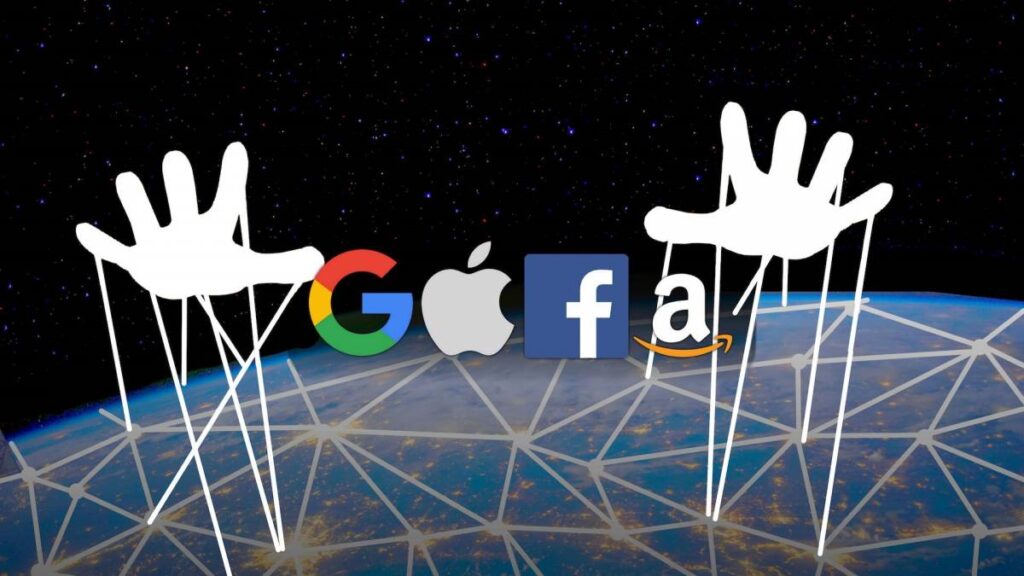DIGITAL LIFE
CAPTCHA: A disguised way to track us and generate huge profits for companies like Google
A 2023 study by the University of California, Irvine, revealed that CAPTCHAs, widely used as an online security tool, actually function as a gigantic "tracking cookie farm" for profit. The research indicates that, over the years, billions of people have spent an estimated total of 819 million hours solving these visual challenges, which would have generated almost a trillion dollars in data value for Google.
The truth about CAPTCHAs...The study focused on reCAPTCHAv2, used by Google since 2009, and divided CAPTCHAs into two main categories: invisible ones, which analyze the user's behavior while interacting with a page, and image-based ones, which require the user to select specific elements, such as traffic lights or bicycles.
Both methods are valuable to Google, whether by collecting tracking cookies, which can help target ads, or by using tagged images to train artificial intelligence models.
The research was conducted without prior knowledge of the participants, who interacted with reCAPTCHAv2 when creating or recovering accounts within an academic system.
Bots already outperform humans in challenges...The data collected revealed that the average time to complete a CAPTCHA was 3.53 seconds, with variations depending on the user's level of experience and the complexity of the challenge. The research also concluded that bots already outperform humans in solving these challenges, being faster and, in some cases, more accurate.
In addition to the waste of time, the environmental impact was also analyzed. The study estimates that solving CAPTCHAs consumed approximately 7.5 million kWh of energy, generating a carbon footprint of 7.5 million pounds of CO2. Comparing the total time spent to the human lifespan, the researchers calculated that the equivalent of 1,182 lifetimes were spent solving CAPTCHAs alone.
From a financial perspective, the research suggests that Google could have profited between $8.75 billion and $32.3 billion from the image recognition data generated by CAPTCHAs alone. Meanwhile, the tracking cookies resulting from reCAPTCHAv2 could be worth an estimated $888 billion over the years.
The researchers conclude that the true purpose of reCAPTCHAv2 is not security, but rather data monetization disguised as bot protection.
Given these findings, they argue that the tool should be discontinued, as its effectiveness in preventing automated activity is questionable. However, even two years after the study, there is no indication that the practice will be abandoned any time soon.
mundophone


No comments:
Post a Comment